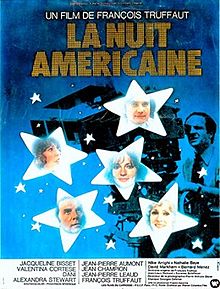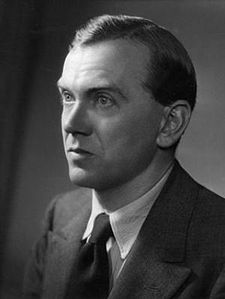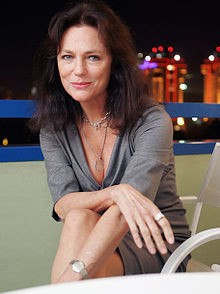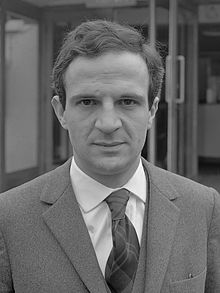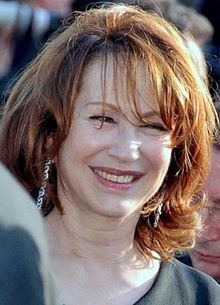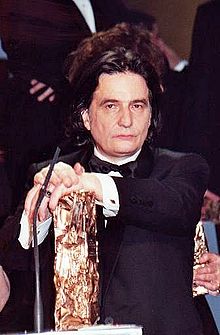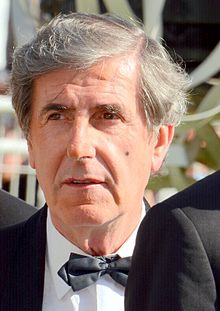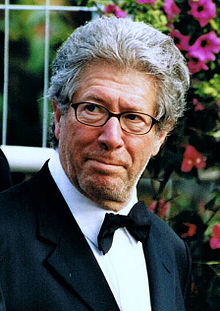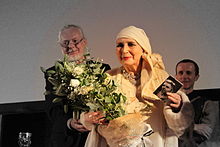Day for Night (film)
Day for Night French La Nuit amricaine is a 1973 French film directed by Franois Truffaut. It stars Jacqueline Bisset and JeanPierre Laud. It is named after the filmmaking process referred to in French as la nuit amricaine American night, whereby sequences filmed outdoors in daylight are shot using film stock balanced for tungsten indoor light and underexposed or adjusted during post production to appear as if they are taking place at night. In English the technique is called day for night, and the films title is thus translated as Day for Night.
In between are several small vignettes chronicling the stories of the crewmembers and the director Ferrand Truffaut himself who tangles with the practical problems one deals with when making a movie. Behind the camera, the actors and crew go through several romances, affairs, breakups, and sorrows. The production is especially shaken up when one of the secondary actresses is revealed to be pregnant. Later Alphonses fiancee leaves him for the films stuntman, which leads Alphonse into a palliative onenight stand with an accommodating Julie whereupon, mistaking Julies pity sex for true love, the infantile Alphonse informs Julies husband of the affair. Finally, Alexandre dies on the way to hospital after a car accident.One of the films themes is whether or not films are more important than life for those who make them, its many allusions both to filmmaking and to movies themselves perhaps unsurprising given that Truffaut began his career as a film critic who championed cinema as an art form. The film opens with a picture of Lillian and Dorothy Gish, to whom it is dedicated. In one scene, Ferrand opens a package of books he had ordered they are books on directors he admires such as Luis Buuel, Carl Theodor Dreyer, Ingmar Bergman, Alfred Hitchcock, JeanLuc Godard, Ernst Lubitsch, Roberto Rossellini and Robert Bresson. The films title in French could be read as Lennui amricain American boredom Truffaut wrote elsewhere of the way French cinema critics inevitably make this pun of any title which uses nuit. Here he deliberately invites his viewers to recognise the artificiality of cinema, particularly the kind of Americanstyle studio film, with its reliance on effects like dayfornight, that Je Vous Prsente Pamla exemplifies. ........
Source: Wikipedia

